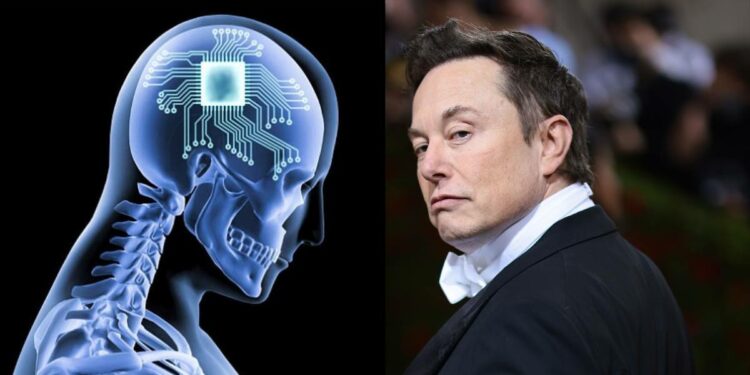Elon Musk’s brain-chip firm, Neuralink, has announced that it has obtained approval from the US Food and Drug Administration (FDA) to commence its initial tests on humans. The company, known for its ambitious goal of connecting brains to computers, aims to restore vision and mobility for individuals through advanced neural implant technology.
While Neuralink has confirmed the FDA’s approval, it has clarified that it currently has no immediate plans to begin recruiting participants for the trials. This comes as a departure from previous attempts by Elon Musk’s ventures to initiate human testing, which did not materialize as planned.
The FDA has acknowledged Neuralink’s announcement, signaling a significant step forward for the company’s groundbreaking research and development efforts. However, an earlier bid by Neuralink to secure FDA approval reportedly faced safety concerns, leading to its rejection. A March report from Reuters, citing both current and former employees, highlighted the regulatory hurdle Neuralink had faced due to safety considerations.
Neuralink’s primary objective is to leverage microchips implanted in the brain to treat various conditions, including paralysis and blindness. Additionally, the technology aims to assist disabled individuals in utilizing computers and mobile devices effectively. Tested successfully on monkeys, the microchips are designed to interpret brain signals and transmit information to external devices via Bluetooth connectivity.
Despite the immense potential of Neuralink’s brain implants, experts have cautioned that extensive testing is necessary to overcome technical and ethical challenges before they can be made widely available. The intricate nature of interfacing with the human brain demands rigorous evaluation and adherence to safety protocols to ensure the effectiveness, reliability, and ethical implications of the technology.
Neuralink’s progress in obtaining FDA approval for human testing represents a significant milestone in its pursuit of groundbreaking advancements in the field of neurotechnology. The successful development and deployment of brain-chip implants could revolutionize the lives of countless individuals by offering new possibilities for restoring vision, mobility, and independence.
As Neuralink moves forward with its human trials, close scrutiny of the testing process and ongoing regulatory oversight will be crucial. The results and insights gained from these trials will shape the future of neural interface technology and pave the way for potential breakthroughs in the treatment of neurological conditions and disabilities.



















Discussion about this post